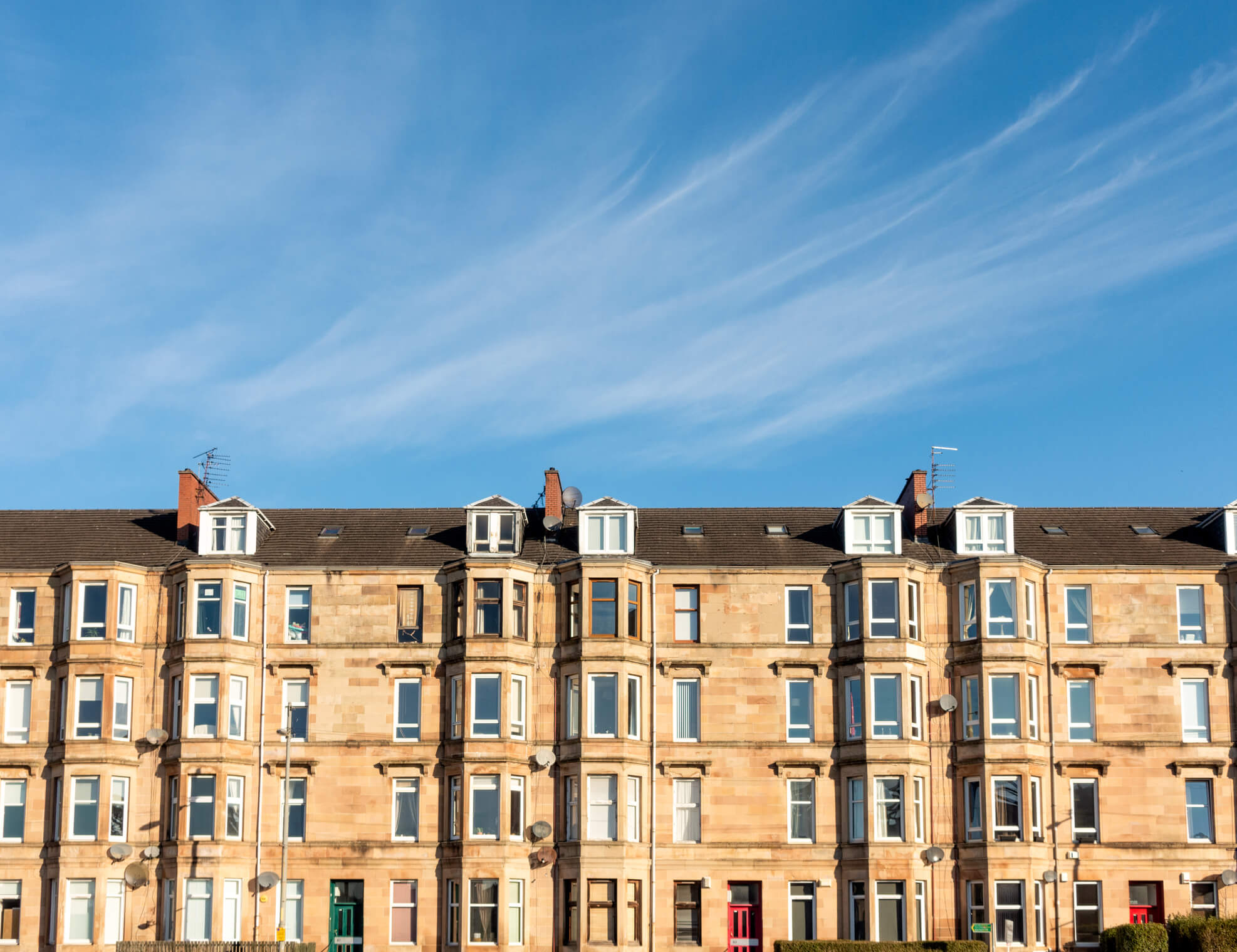What legislation is coming?
Reducing emissions from our homes and buildings is one of the most important things we can do to help end Scotland’s contribution to climate change. The Scottish Government’s vision is that by 2045, Scotland’s homes will be warmer, greener and more energy efficient, including rented properties.
The Scottish Government’s Heat in Buildings Bill consultation sets out this vision in more detail. It shows the actions that need to be taken in the buildings sector to deliver climate change commitments, maximise economic opportunities, and ensure a just transition; including helping to address fuel poverty. The Bill updates both the Energy Efficient Scotland Route Map and the Heat Policy Statement.
The Scottish Government will work with the private rented sector to introduce minimum standard regulations. The consultation proposes that by the end of 2028, private landlords must meet new minimum energy efficiency standards. The current suggested list of straightforward improvements, where appropriate, for every privately rented property, includes:
- 270mm loft insulation;
- cavity wall insulation;
- draught-proofing;
- heating controls;
- 80mm hot water cylinder insulation; and
- suspended floor insulation.
These improvements may change once the consultation is completed, with the final improvements list prioritising those with the most significant impact and the lowest amount of cost and disruption.
Lastly, it also proposes that all building owners will need to end their use of polluting heating by 2045. This includes heating systems that burn fossil fuels like gas, oil, and liquid petroleum gas boilers. Clean heating systems - those that don’t produce greenhouse gas emissions at the point of use - will replace these polluting heating systems. Examples of clean heating systems may include heat pumps, modern electric storage heaters, and district heating.
Details of proposed exemptions
The latest Heat in Buildings Bill consultation does not outline specific exemptions. However, for fairness, the consultation proposes that those who cannot or should not have to meet the Heat in Buildings Standard will be exempt ahead of 2045. It also states it will provide extra time to fulfil the standard for those who need it.
Similarly, the Bill may request landlords comply with a modified version of the Heat in Buildings Standard, which considers their building’s characteristics or unique circumstances. Lastly, it states that it will make it easy for people to appeal where they feel the requirements are incorrect or unfair.


